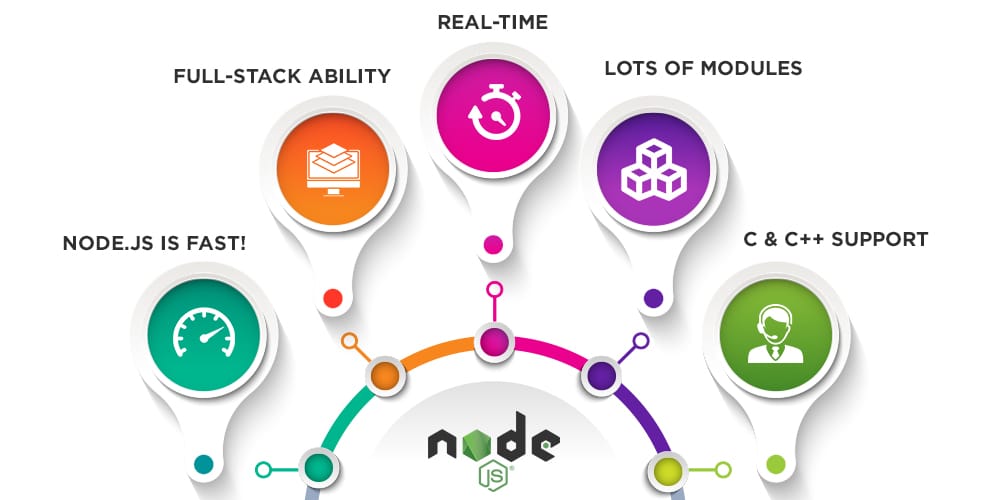
- Company
- Services
- UI/UX Design Services
- Microsoft Dynamics 365
- Mobile App Development
- AI Software Development
- Web App Development
- Generative AI Development
- Digital Product Development
- Enterprise Mobility
- SaaS Application Development
- Application Integration
- White-label WP Maintenance
- ERP Software Solutions
- Software Testing
- Offshore Development Center
- Let’s Connect
- Trending
- Technology
- Industry
- Build Your Team
- Our Work
- Company
- Services
- UI/UX Design Services
- Microsoft Dynamics 365
- Mobile App Development
- AI Software Development
- Web App Development
- Generative AI Development
- Digital Product Development
- Enterprise Mobility
- SaaS Application Development
- Application Integration
- White-label WP Maintenance
- ERP Software Solutions
- Software Testing
- Offshore Development Center
- Let’s Connect
- Trending
- Technology
- Industry
- Build Your Team
- Our Work
We use cookies and similar technologies that are necessary to operate the website. Additional cookies are used to perform analysis of website usage. please read our Privacy Policy
5 Reasons Why Choose Node.js For Web App Development in 2024

In the history of web app development technologies, we’ve never seen a technology like Node.js becoming mainstream this quickly. Today, Node.js for web app development has become the go-to-technology for all kinds of businesses and companies.
According to Survey Report, Node.JS has about 7 Million users with a 100% growth rate on yearly-basis. And not only that, but Uber, LinkedIn, Netflix, and even NASA has tested and embraced Node.js for some time now. The Node.JS Foundation also revealed that 98% of Fortune 500 companies use Node.js on regular-basis.
And, 96% of IoT companies prefer using Node.js for IoT application development. If, on the other hand, you’re still not convinced with using Node.js for web app development project, listen to what Jeff Harrell, chief Architect and Direct of Engineering at Paypal, has to say:
“We started using Node.js as a prototyping platform but later moved to using it in production. And while doing so, we witnessed that we needed 33% lesser lines of code, handled 2x requests per second, and reduced response time by 35% compared to our old Java version.”
All these statistics clearly proves that Node.js is definitely taking the web market by storm. But, if you’re still not convinced yet, let’s get to specific reasons why Node.js is better for web app development in 2023.
What is Node.js?
Node.js is an open-source server side runtime environment built on Chrome’s V8 JavaScript engine. It provides an event driven, non-blocking I/O and cross-platform runtime environment for building highly scalable server-side application using JavaScript.
How does Node.js work?
Node.js operates on a unique architecture that allows it to handle concurrent connections and perform efficiently. Here’s an overview of how Node.js works:
Event Loop
At the core of Node.js is the event loop. It is a single-threaded mechanism that handles all incoming events and executes the associated callbacks. The Node.js event loop continuously checks for new events while processing existing ones, ensuring non-blocking I/O operations.
Non-Blocking I/O
Node.js utilizes non-blocking I/O operations, which means that while one I/O operation (such as reading data from a file or making an HTTP request) is being processed, the event loop can move on to handle other events without waiting for the operation to complete. This non-blocking nature enables Node.js to handle multiple requests concurrently and efficiently utilize system resources.
Callbacks
Node.js heavily relies on callbacks, which are functions passed as arguments to asynchronous operations. When an asynchronous operation is completed, the associated callback function is called, allowing the application to continue executing or process the received data.
Event-Driven Architecture
Node.js follows an event-driven architecture, where events are emitted, and listeners (callbacks) are attached to handle those events. This model allows Node.js developers to write scalable and responsive applications, particularly suited for handling real-time communication and interactions.
Single-Threaded with Worker Threads
Although Node.js operates on a single-threaded event loop, it can utilize worker threads to offload CPU-intensive tasks to separate threads. This allows the application to utilize multi-core systems efficiently and avoid blocking the event loop.
By combining the event loop, non-blocking I/O operations, and an event-driven web application architecture, Node.js achieves high scalability, concurrency, and performance. Node.js for web app development is well-suited for developing fast, real-time applications and handling a large number of concurrent connections efficiently.
5 Reasons to Use Node.js for Web App Development:
1: Node JS is Fast! –
In today’s fast paced world, enterprises are in awe of the speed at which Node.js development performs. For those who don’t know, Node.js runs on V8 engine built by Google that turns JavaScript into native machine code and performs at high speed. Unlike other JavaScript, Node.js uses a single thread in which the event loop takes care of all asynchronous I/O operations. This has allowed enterprises to develop real-time web applications quickly that can manage parallel connections with higher throughput. As a matter of fact, many global enterprises have benefited in a great way with this feature.
For example, LinkedIn migrated from Ruby on Rails to Node.js for the sole purpose of their mobile traffic, which also reduced their number of servers from 30 to 3. Additionally, the Node.js migration also made their application 20x times swifter. That’s quite a feat, don’t you think?
2: Full-Stack Ability –
Developers can write JavaScript for both, client-side as well as server-side using Node.js, making it easier to transport data between the two to coordinate the working simultaneously. In simple terms, the data changes done at server-side appears immediately at client-side, and the web page that displays those data automatically makes the updates. The best part? This also eliminates the need of hiring separate developers for front-end development and back-end development, making the process fast at lower costs. A good example for this is PayPal
3: Real-Time Web Applications –
Gone are the days of low-level sockets and protocols. With Node.js development you can develop real-time web application just in the same time needed to develop a simple blog using PHP. The event-driven architecture that we talked above, caters to both server as well as client side, making synchronization process fast and neat.
Plus, the event loop that works on TCP web socket protocol also handles the multi-user function and block overhead of HTTP in real-time web app development. Overall, Node.JS is definitely a winner when it comes to multi-user, real-time web application development.
4: Lots of Modules –
Node.js is an open-source platform that encourages sharing. In fact, the community has been so much active that there are over 400,000 modules available on GitHub and Stack Overflow which can be found by Node Package Manager’s official website.
5: C & C++ Support –
Lastly, Node.js development also supports C as well as C++ programming languages to speed up the processing. The add-ons in Node.js are dynamically-linked & shared objects, programmed in C++, making it possible to load them into Node.js through require() function.
End Note:
If you’re looking to develop a web application, especially a real-time web app, then Node.js is the best JavaScript framework. Apart from this, Node.js is also perfect for creating APIs and handling multi-user requests which depends on I/O. All in all, if you’re on a tight budget for building a complex web app, Node.js is the right key to your web app development project success.
We are here
Our team is always eager to know what you are looking for. Drop them a Hi!
Pranjal Mehta
Pranjal Mehta is the Managing Director of Zealous System, a leading software solutions provider. Having 10+ years of experience and clientele across the globe, he is always curious to stay ahead in the market by inculcating latest technologies and trends in Zealous.
Table of Contents
×


Comments